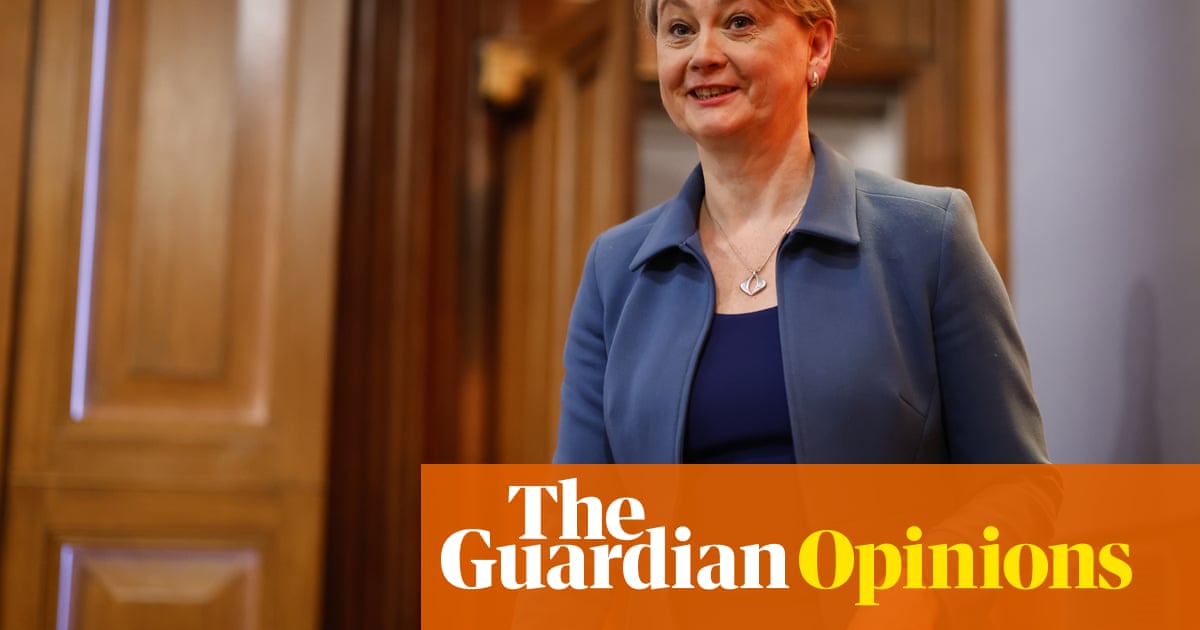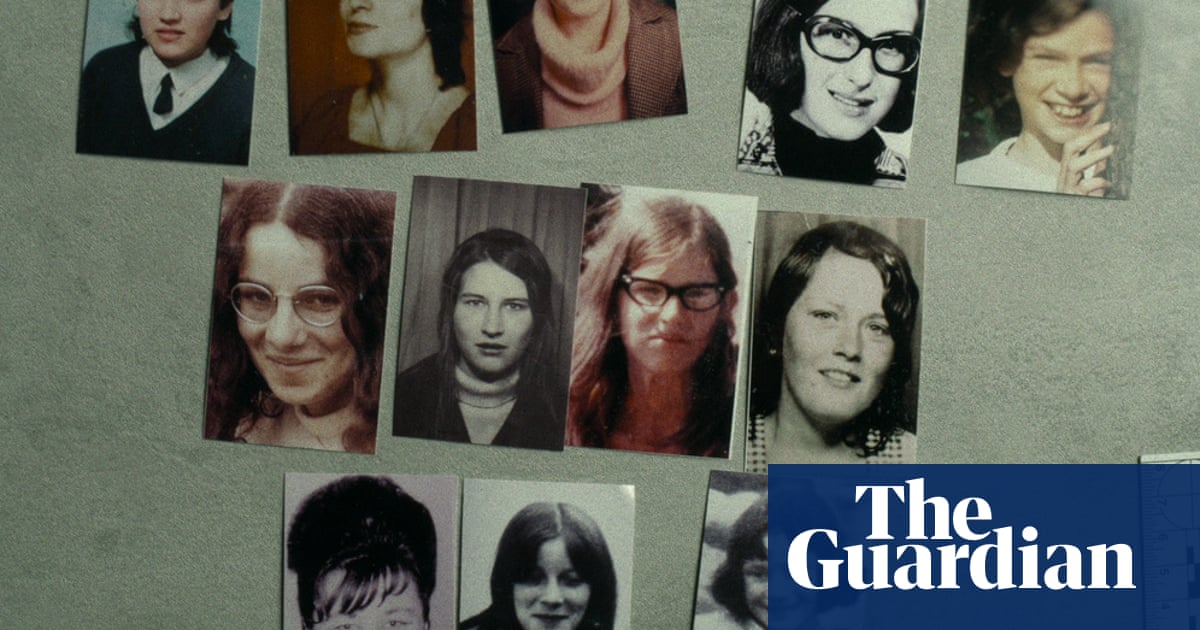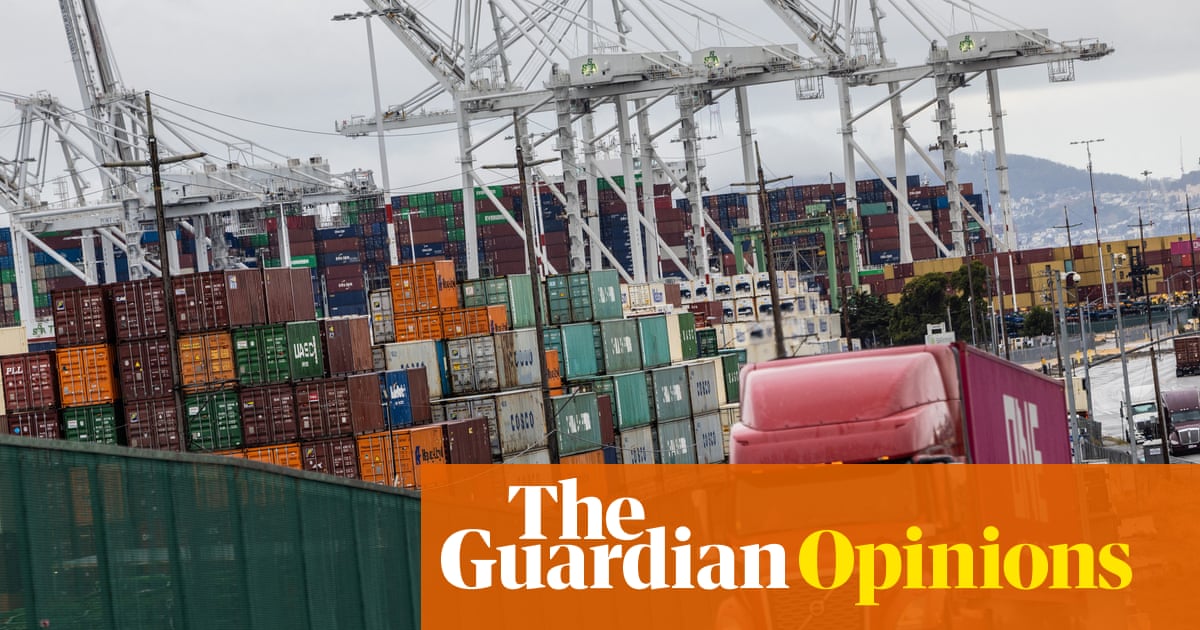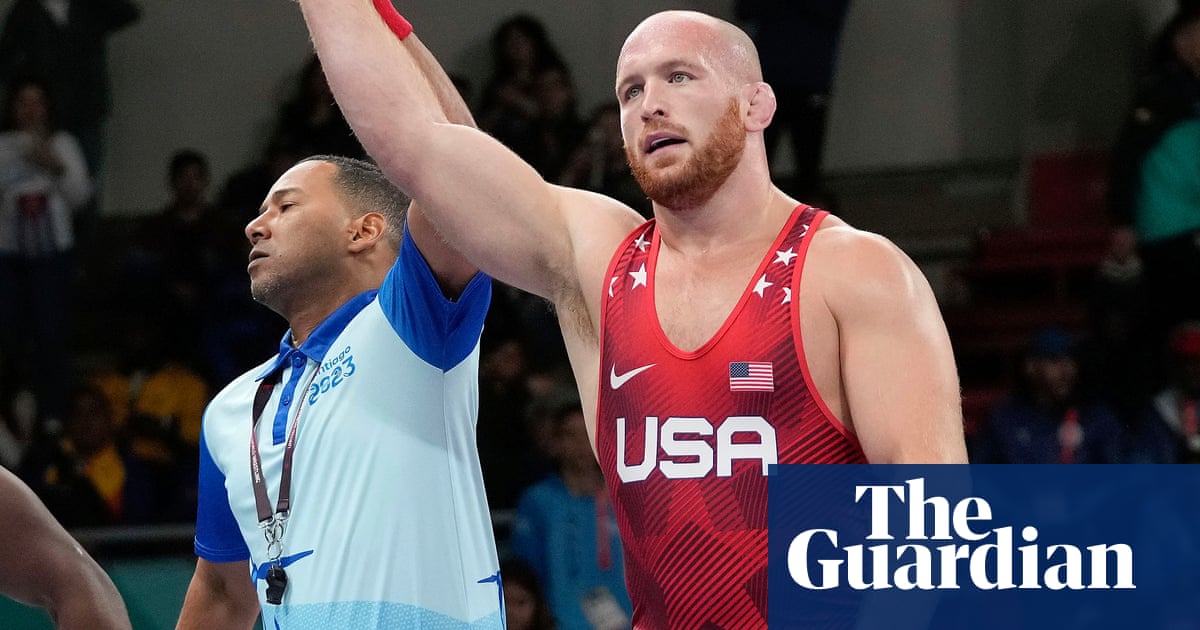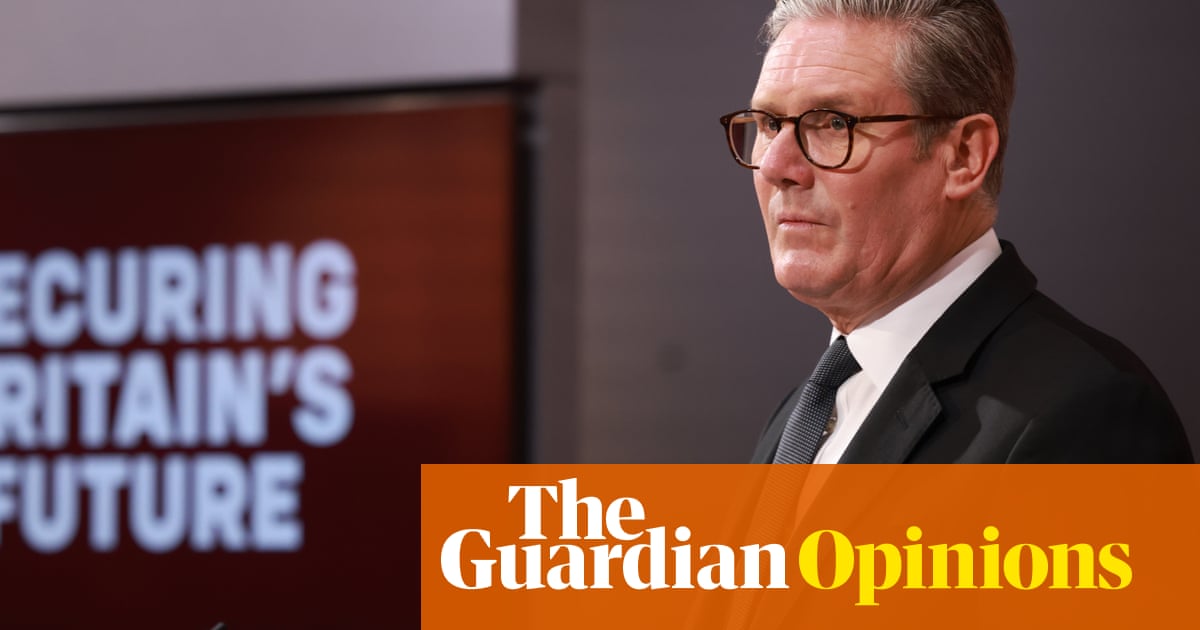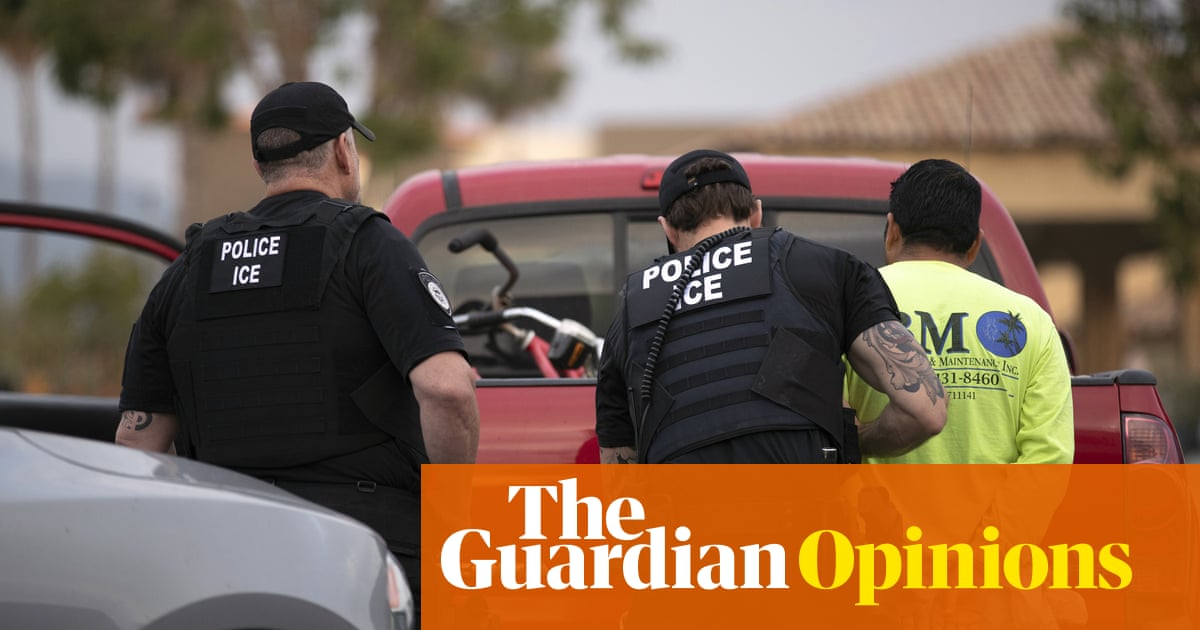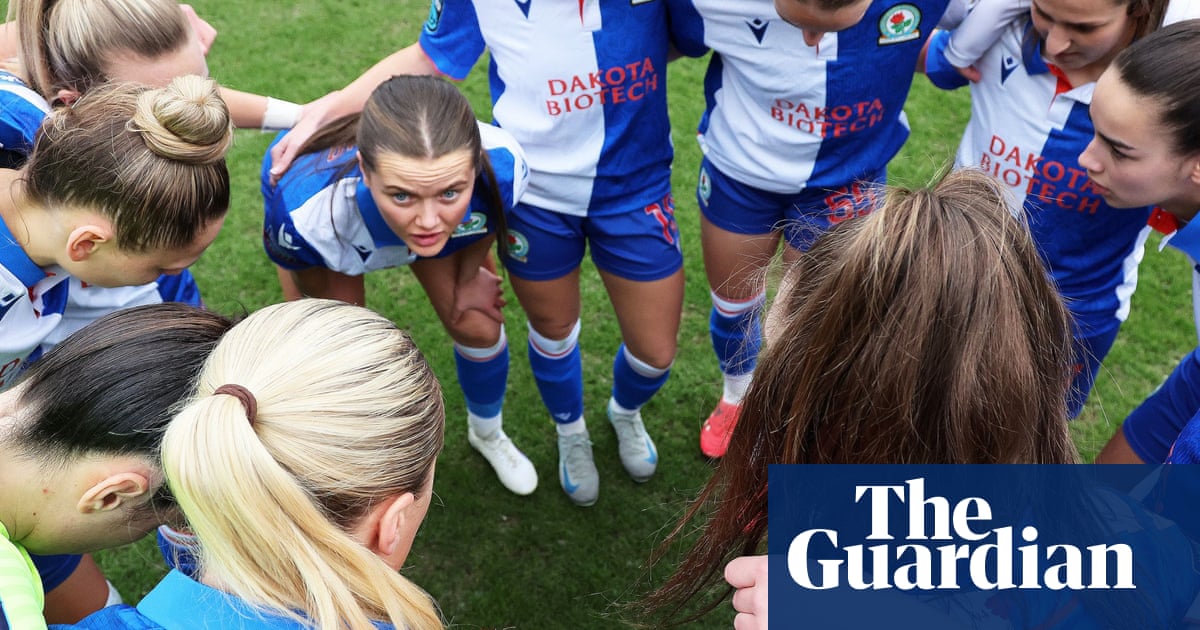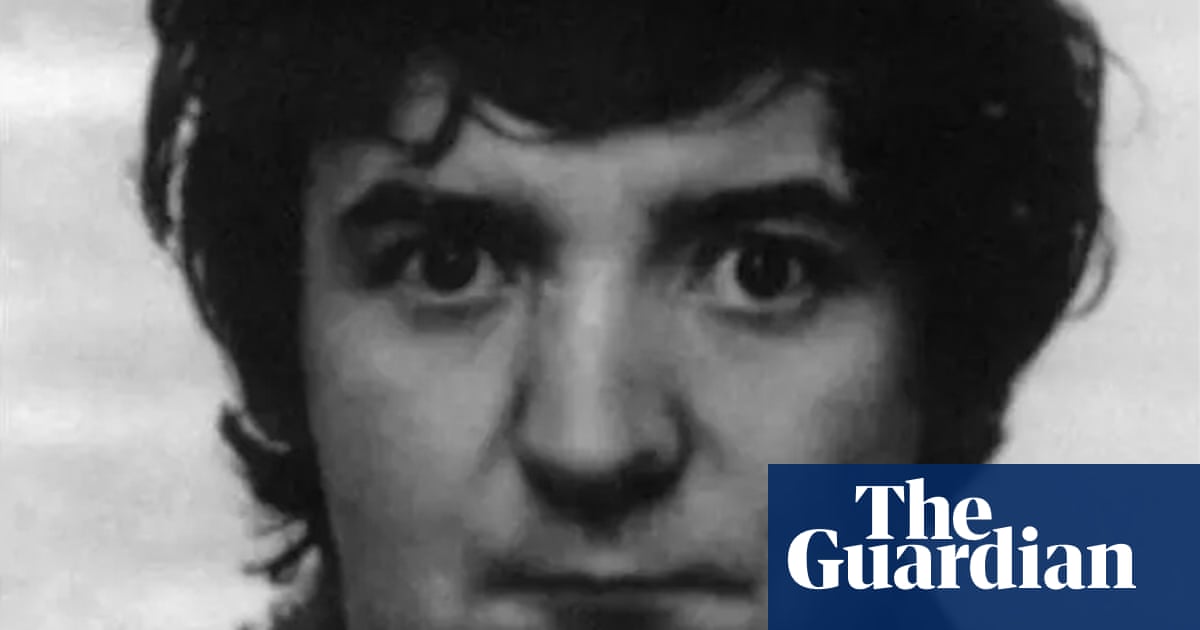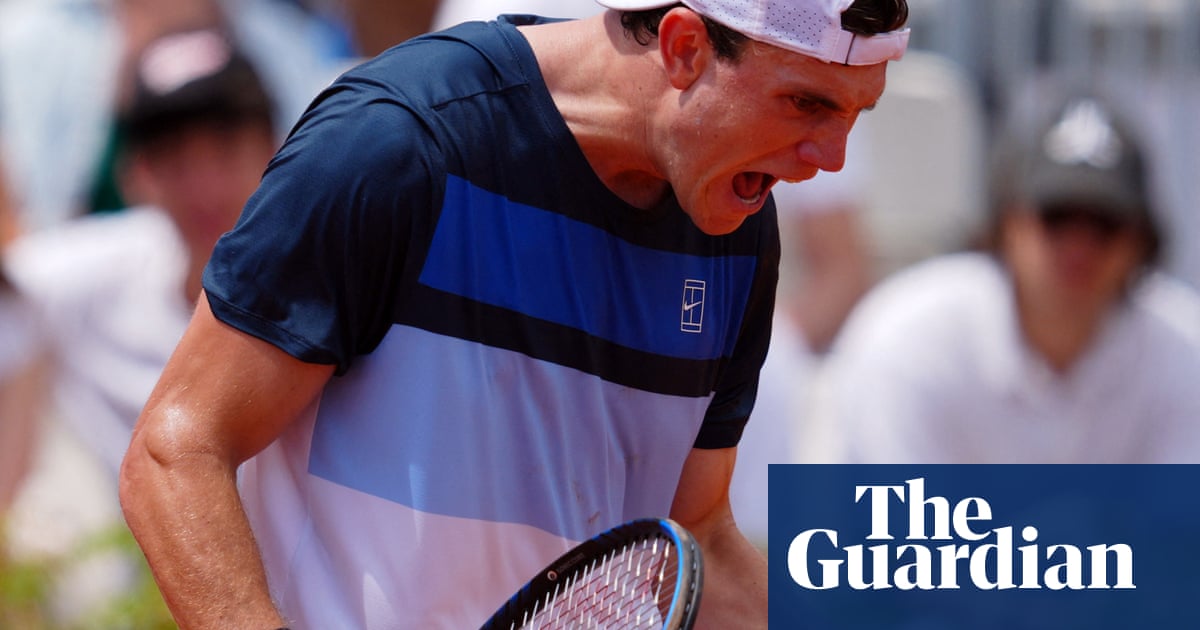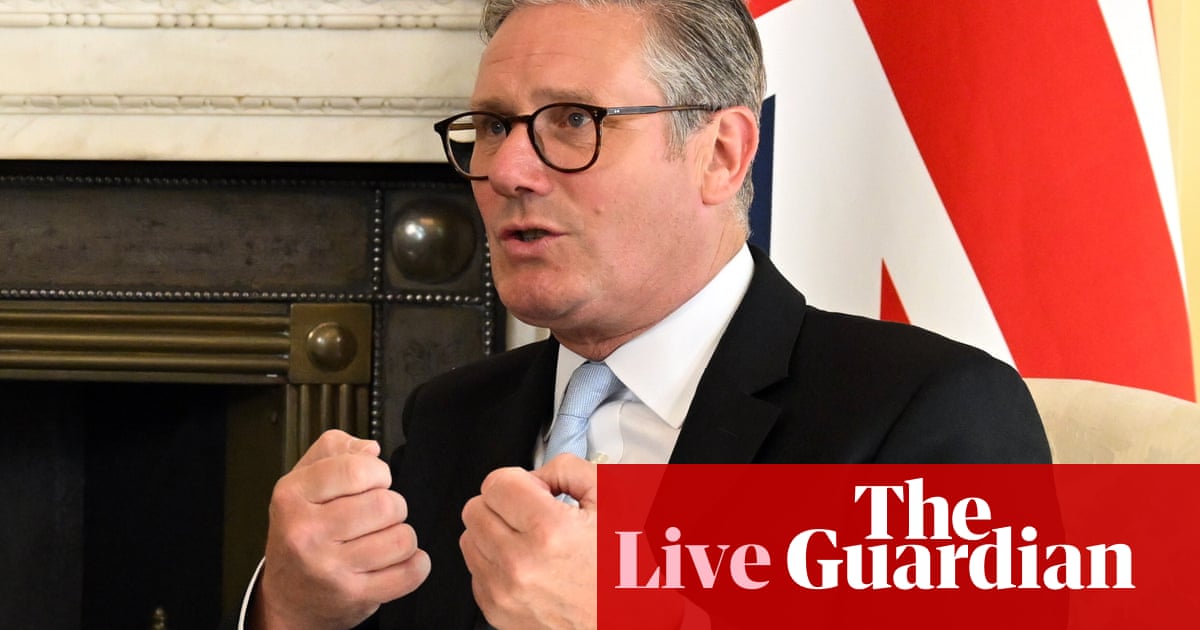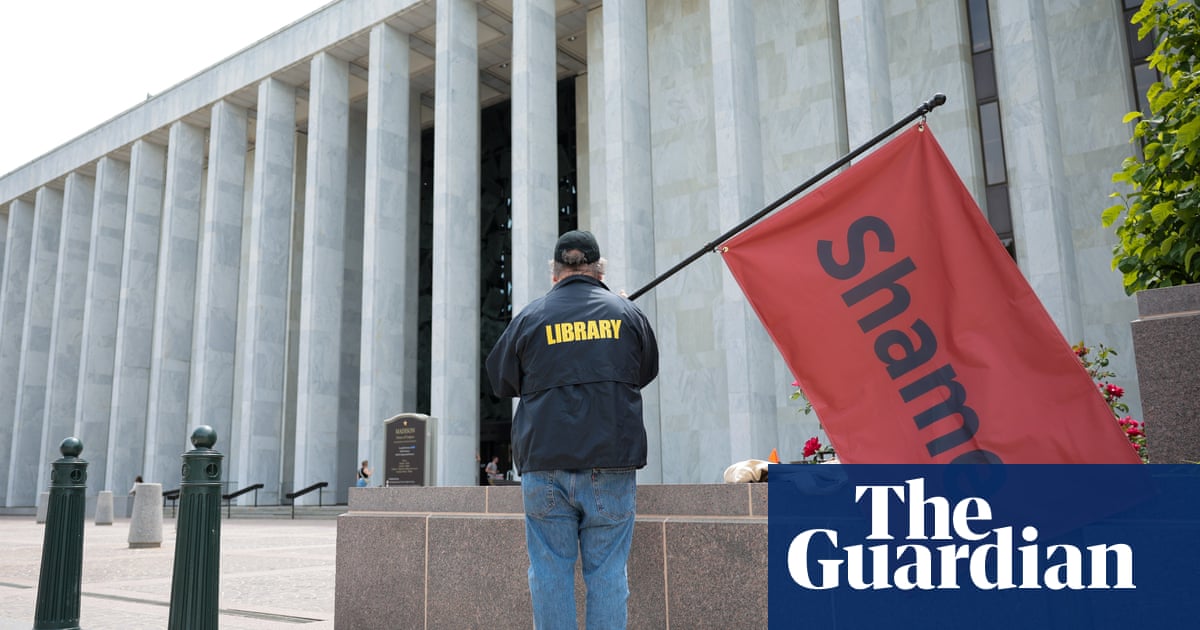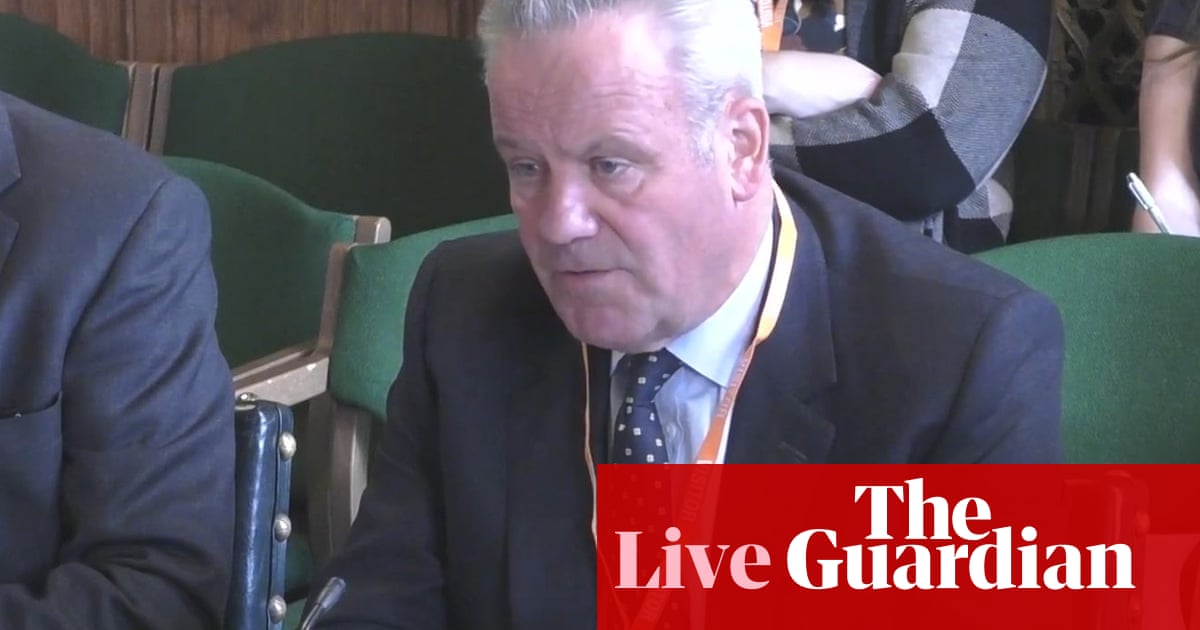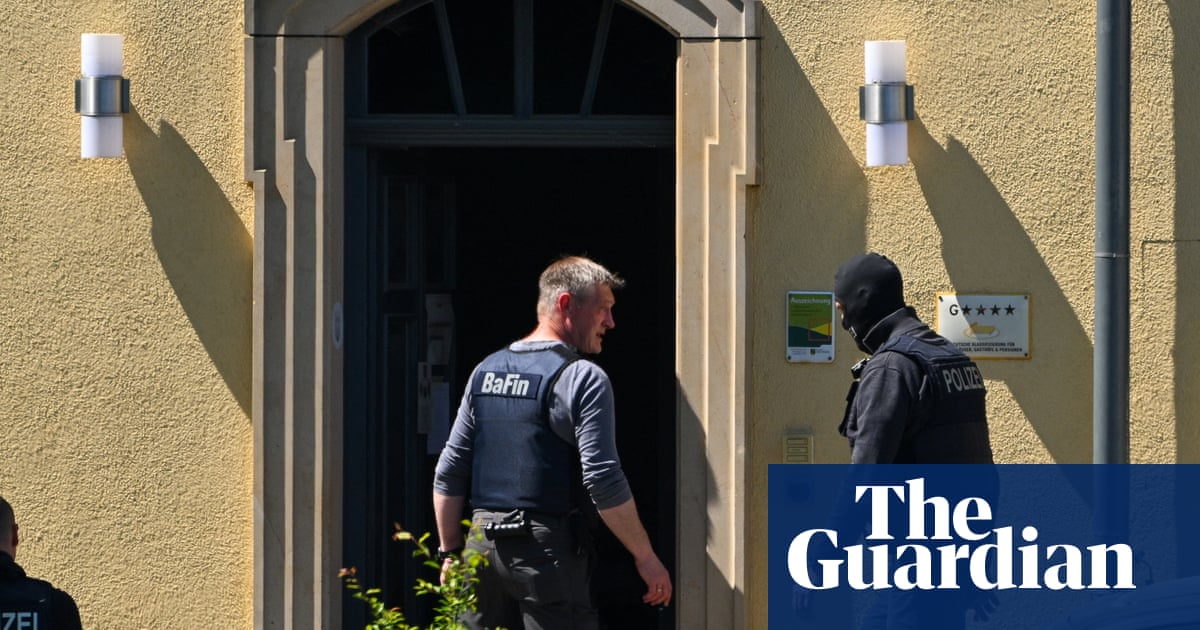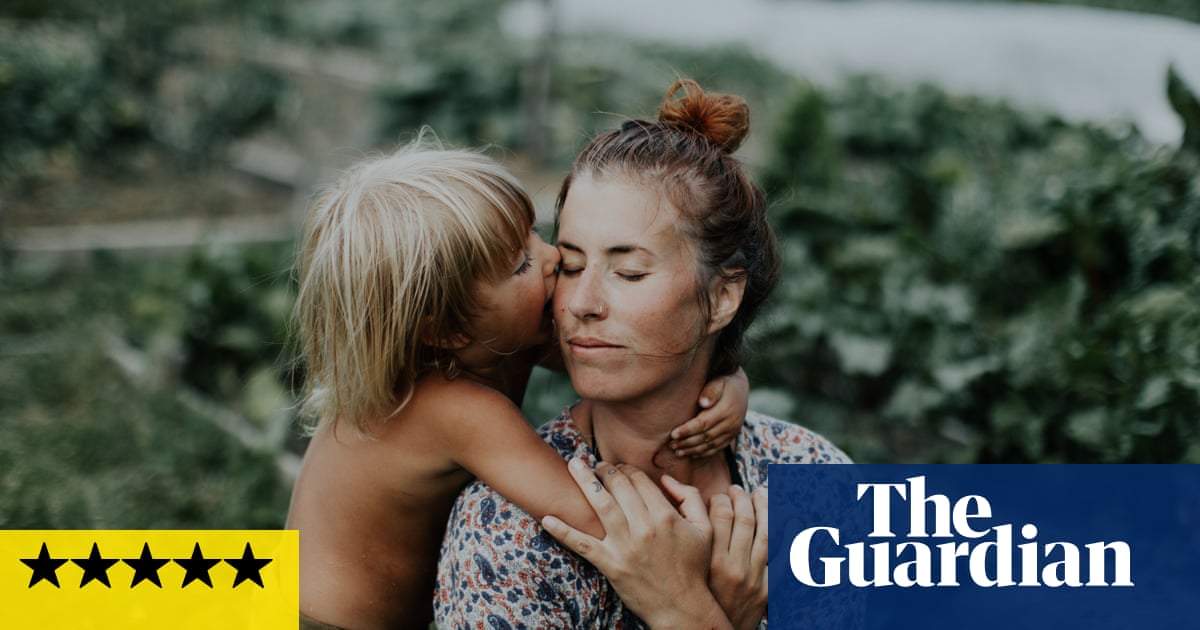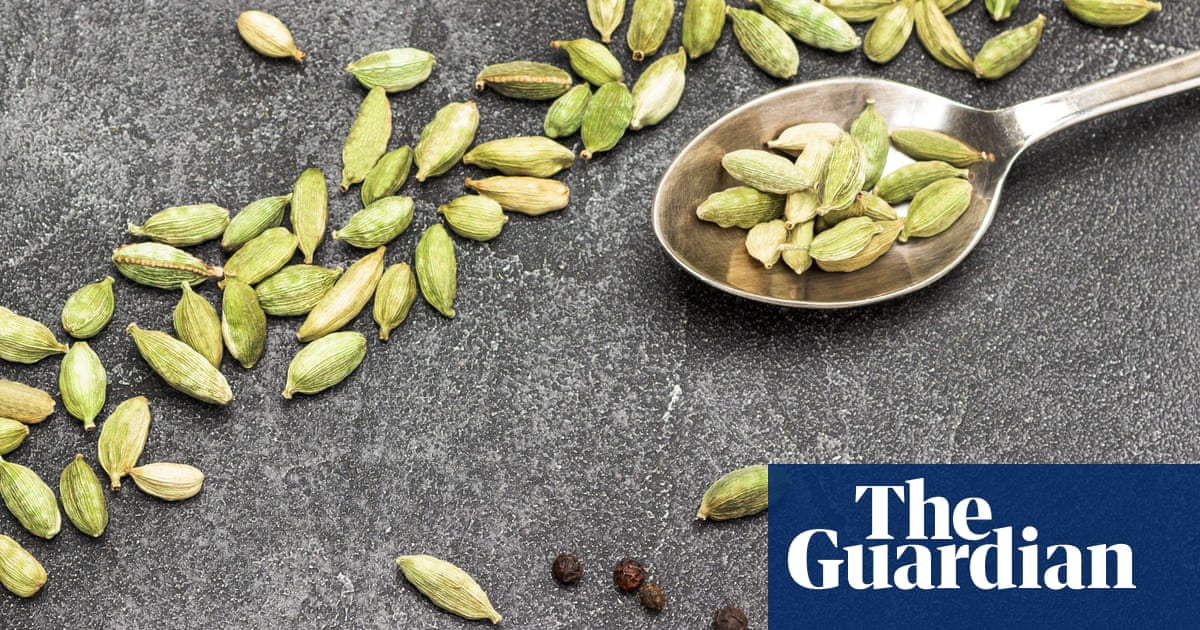On his first day back in the White House, reporters asked Donald Trump where he might go on his maiden overseas trip. The US president saw it as an opportunity to show off his deal-making prowess and expound on how he would convince Saudi Arabia to inject billions of dollars into the US economy.
While US presidents often visit Canada, Mexico or the UK as their first foreign destination, Trump upended that tradition when he traveled to Saudi Arabia in May 2017. Hours after his second inauguration, Trump dangled the possibility of a return trip to the kingdom – for a price. “I did it with Saudi Arabia last time because they agreed to buy $450bn worth of our products,” he said. “If Saudi Arabia wanted to buy another $450bn or $500 – we’ll up it for all the inflation – I think I’d probably go.”
Days later, on 23 January, Saudi Arabia’s de facto ruler and crown prince, Mohammed bin Salman, responded with an even more lucrative offer: he would invest $600bn in the US economy over the next four years.
The Saudi leader’s comments were quickly forgotten amid the flurry of executive orders and mass government cuts announced by Trump in his early days in office. But Trump had made clear that his first state visit would be up for sale to the highest bidder. And while he has claimed that he’s most interested in securing economic deals that would benefit Americans, he’s also using this trip to shore up his relationship with regional autocrats and drum up business for his own family.
As he did in 2017, Trump decided to make Saudi Arabia the first stop of his state visit to the Middle East. After arriving in the kingdom on Tuesday, he will head to two neighboring Gulf countries: Qatar and the United Arab Emirates. (Trump made a brief foreign trip to the Vatican last month for Pope Francis’s funeral, but that was not a choreographed state visit by a US president.) It’s clear why the Gulf Arab states – with their vast riches from oil and gas exports, and sovereign wealth funds eager to make investments – would be more attractive to Trump than US neighbors such as Canada and Mexico, or traditional allies such as the UK.
During his first term, Trump inflated his administration’s role in securing economic deals with Saudi Arabia, including a package of $110bn in weapons sales that he announced with great fanfare during his visit eight years ago. But many of those agreements were tentative and a portion of the military equipment that the Saudis planned to buy had already been negotiated by Barack Obama’s administration.
While the true value of Saudi and other Gulf Arab states’ investments in the US economy remain hazy, their deals with Trump’s family business and its foreign partners are far more tangible. The president will be visiting three countries that all have Trump-branded properties or ongoing real estate developments, hotels and golf resorts worth billions of dollars. He will be meeting with foreign leaders who can make decisions that affect the Trump Organization’s projects and relationships with companies that are connected to Gulf Arab governments or their sovereign wealth funds, which could pose an enormous financial conflict of interest for Trump.
Here’s a summary of major deals and projects under way in Saudi Arabia, Qatar and the UAE involving Trump’s family business:
Saudi Arabia
In Saudi Arabia, the Trump Organization has signed branding deals for two real estate projects, including a Trump Tower in Riyadh, the capital, and another $530m residential tower in the coastal city of Jeddah. The deals, announced a month after Trump was elected to a second term, won’t require the Trump family business to contribute funds toward building the towers, but they will earn millions of dollars in licensing fees. The projects are spearheaded by Dar Global, a subsidiary of Dar Al Arkan, one of the largest real estate developers in Saudi Arabia. The company is privately owned, but it is dependent on contracts from the Saudi government and Prince Mohammed’s favor, especially as he pursues an ambitious development plan called Vision 2030, intended to diversify the Saudi economy away from oil.
In recent years, Trump’s family business has also leaned on the LIV Golf League, which is funded by Saudi Arabia’s sovereign wealth fund. After Trump supporters stormed the US Capitol in January 2021, Trump-owned businesses lost a series of real estate and golf sponsorship deals. But Saudi leaders stuck by Trump, and agreed to hold the LIV professional golf tour at several of his US golf courses, providing millions of dollars in revenue while he was out of office.
Qatar
In Qatar, the Trump Organization last month announced a new golf resort and real estate development that will be built by Dar Global, along with a Qatari government-owned developer. The project, called the Trump International Golf Club & Villas, will include an 18-hole golf course, a clubhouse and beachfront Trump-branded villas about 40km from the Qatari capital, Doha. Qatar is a longtime US ally, and it hosts the largest US military base in the Middle East. This is another branding deal for the Trump family business, where it won’t put up any capital but will earn millions of dollars in branding and management fees once the golf resort is operational.
The involvement of Qatari Diar, a real estate company established in 2005 by Qatar’s sovereign wealth fund, in the Trump Organization’s project raises new concerns about Trump violating the US constitution’s foreign emoluments clause – his plan to accept a $400m luxury jet from Qatar’s royal family notwithstanding. That provision bans the president from receiving payments or significant gifts from foreign governments or leaders without approval from Congress. During his first term, Trump’s businesses received $7.8m from 20 foreign governments, according to a report issued by Democrats in Congress last year. But government watchdog groups estimated that such payments reached $13.6m – and are sounding alarms that Trump could far exceed those sums in his second term, as the family business ventures operated by his two sons are making more foreign deals like the ones with Gulf Arab states.
United Arab Emirates
In the UAE, the Trump Organization already operates Trump International Golf Club, Dubai, which opened in 2017 during the president’s first term. The project is part of a longtime partnership between Trump and Hussain Sajwani, an Emirati billionaire and founder of Damac Properties, a Dubai-based developer. Damac was supposed to build a second Trump-branded golf resort in Dubai, but that project has been beset by delays.
But the Trump family business is moving ahead with other projects in the UAE, including a $1bn, 80-story Trump International Hotel and Tower, being built by Dar Global, the Saudi-owned real estate developer. Apartments at the unfinished luxury tower – which according to the developer will include “the highest outdoor pool in the world” and overlook Dubai’s Burj Khalifa, the world’s tallest skyscraper – are already selling for up to $20m each.
And the Trump family’s dealings with Gulf Arab autocrats go beyond real estate deals and golf tournaments. On 1 May, Eric Trump, the president’s middle son, who runs the Trump Organization, and a business partner, Zach Witkoff (who also happens to be the son of Steve Witkoff, the president’s special envoy to the Middle East), revealed a major new cryptocurrency deal with a venture fund backed by the government of Abu Dhabi, the richest emirate in the UAE. The fund would invest $2bn using a form of digital currency offered by World Liberty Financial, the Trump’s family crypto business.
Such a transaction could generate hundreds of millions of dollars in revenue for Trump and his family – in a financial deal linked to a foreign government and a longtime US ally.
Is it any surprise that Trump would want to use the first major foreign trip of his second term to reward leaders whose countries are making large investments that will ultimately benefit his family’s business? With little consequence, other foreign leaders will be eager to partake in Trump’s corrupt politics.
-
Mohamad Bazzi is director of the Hagop Kevorkian Center for Near Eastern Studies, and a journalism professor, at New York University

 2 hours ago
8
2 hours ago
8
